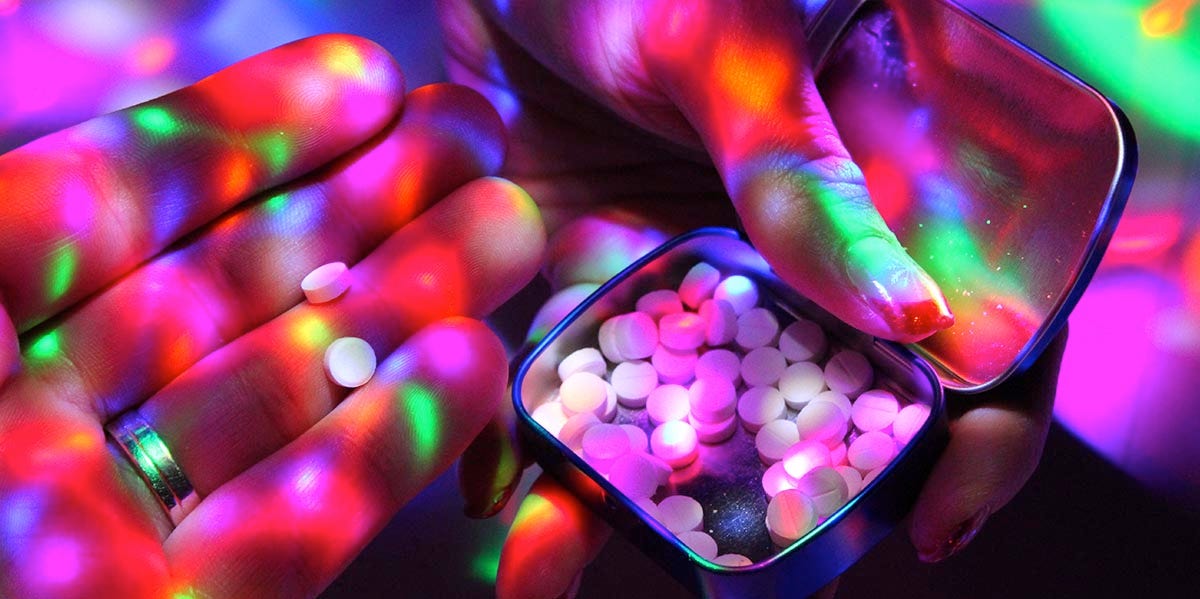Why Couples Are Taking Illegal Drug MDMA To Save Their Marriages
Talking during therapy? That is SO last decade.
 luckakcul / Shutterstock
luckakcul / Shutterstock The therapeutic method for relationship woes? According to Katie Anderson, a doctoral researcher in applied sciences at London Southbank University, it's drugs.
Not just any drugs, mind you, but specifically, Miley Cyrus’s party drug of choice: MDMA.
MDMA is a synthetic psychoactive drug, and yes, it's currently illegal.
But Anderson believes that could change within the next ten years, as researchers are finding more ways to use laboratory-controlled drugs for therapy, and, like marijuana before it, it could be used for clinical purposes.
“In ten years’ time, no one will bat an eyelid if you say you are going to an MDMA-assisted psychotherapy session,” said Anderson in 2016.
“The scientific evidence is building for both the safety and efficacy of these therapies and the public will respond to that.”
The reason Anderson believes that MDMA will be an effective therapy tool is rather interesting, as it actually affects parts of the brain that are linked to happiness and euphoria, and also boosts energy levels.
The most interesting part of the drug’s effects — and possibly the reason that it could be most useful for couples — is its intense boost to empathy.
The use could be great for helping people “open up” about their fears, insecurities, sexual fantasies, and other areas that they may not have otherwise felt comfortable speaking to someone about.
Men and women in the study unanimously agreed that it made the male counterparts of the couples far more willing to open up and discuss their feelings — a problem that many people had beforehand.
In studies performed to determine the benefits of using MDMA in couples therapy, Anderson documented what she referred to as the “MDMA bubble,” which provided couples with a sense of being able to understand their partner on a deeper level, leaving them feeling more connected and closer to the person than they had pre-session.
“There were some extraordinary experiences where the sense of closeness MDMA created was so profound that the most fundamental boundary of all was blurred: that between self and other,” said Anderson.
Some couples reported a feeling of “fluidity of self,” in which they felt they became one with each other, and most interesting was that the sensation of the “bubble” remained, even once the drug’s effects had worn off.
They still felt the increased “closeness” with one another, and a deeper connection, after the drugs were gone.
So, while MDMA is still currently illegal — and dangerous in street form because it can be “cut” with other, more dangerous drugs — Anderson firmly believes that it holds a place in clinical use in the future... and she is not alone.
In 2015, the US Drug Enforcement Agency approved the use of MDMA in a post-traumatic stress disorder study conducted by a non-profit agency, which means that sometime soon, possibly in the next ten years as Anderson suggests, we could see MDMA-fueled therapy sessions used to bring couples closer together to discuss their issues, free of worry or fear of reprisal.

